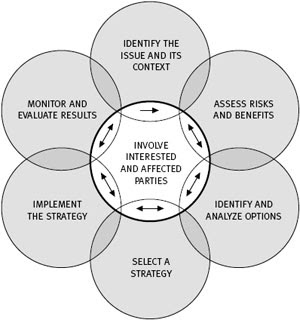
EQUAL OPPORTUNITIES
Equal opportunity means to treat people with fairness and dignity. All employees and applicant for employment should be treated equally without discrimination in term of race, age, disability, sex or religion. (Macmillan Dictionary, 2010)
Equality means that all people from the UK should have an education, employment and health services regardless of their views or race.
Diversity means that people are different from each other but they should have the same opportunity to perform and fulfil their potential.
Margaret Mountford stated that more women should get promotion in different companies. Women are not on the same level as men and to show that companies treat men and women in the same way they employ more women just to show there is no discrimination. She also stated that women cannot be promoted because their will sooner or later have children therefore they will not be able to run their positions properly. Margaret also stated that when it comes to team work men are more organised and can finish given tasks quicker and more effectively than women who are spending more time on unnecessary details such as decorating their desk and will not succeed. I think that women and men should have the same opportunity to get higher trainings or to be promoted to higher positions. These days many women decide to take on a career and that is why women should be able to get the same standard of trainings and later on, decide whether they will choose family or career.
Age Legislation October 2006
Legislation on age is scheduled to be implemented in October 2006 and it will cover employment and vocational training. It will cover people of all ages and it will affect you.
Age will be the final strand of equality legislation to be implemented and it will be enforced alongside existing legislation on race, sex, disability, sexual orientation, religion or belief. (is4profit, 200-2010)
This legislation was posted to those companies who started during employment to get rid of the elderly employees who are in their opinion not good enough anymore to do the job. Employers want to have young and strong team of workers which will not go off sick very often and will work longer hours. Due to this legislation it is harder for employers to terminate someone’s employment because of their age or disability.
Due to focus, that employment policy gave early retirement of elderly workers i.e. their exclusion. Some authors simply call such an approach early retirement culture. In the 1970s, 1980s and in the beginning of the 1990s, as one of the measures to reduce unemployment, especially unemployment of the younger generation, it has become predominant in nearly all European countries. (Hrcak, 2001)
Companies should take to the consideration that if they’re going to employ only young people who will give them training and guide them in their career. We should always remember that those youngsters will get old as well and new young people will come. This cycle we are not able to break.
In my research I discovered that there are many companies which have policies and treat people equally. For example Tesco and Asda large organisations with high employment. Both of the companies’ give equal opportunities to their employees, friendly and supportive staff is always ready to help. Human Resource takes good care of their employees. Those companies are helping people to achieve their goals. At recruitment there is no questions about religion, sex, believes or age there is a place for everyone and with every background, skills and experiences. From my experience I would like to say that in those companies the policy and legislation is respected at all stages.
Personally I think that every company should treat people with fairness and dignity because all of us should get opportunity and possibility to achieve something in life. Companies should not discriminate and divide people to those who are young or old, black or white.
REFERENCES:
1. Hrcak, 2001, Portal of scientific journals of Croatia-online source
Available from:
(Accessed 03 may 2010)
2. Is4profit, 2000-2010, free business advice and information, age discrimination legislation-online source
Available from:
(Accessed 03 may 2010)
3. Macmillan Dictionary, 2010, definition of equal opportunity-online source
Available from:
(Accessed 03 may 2010)






